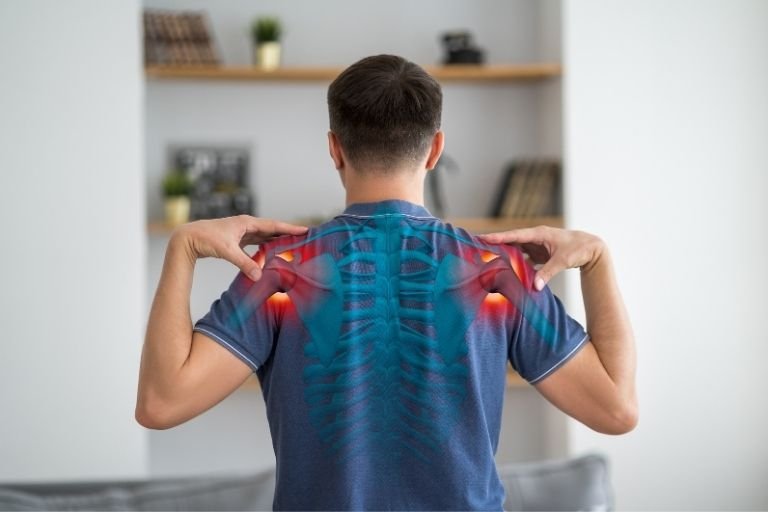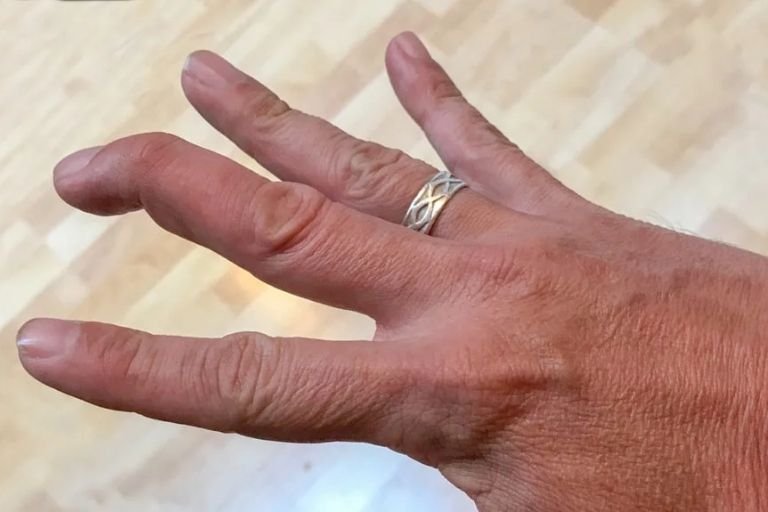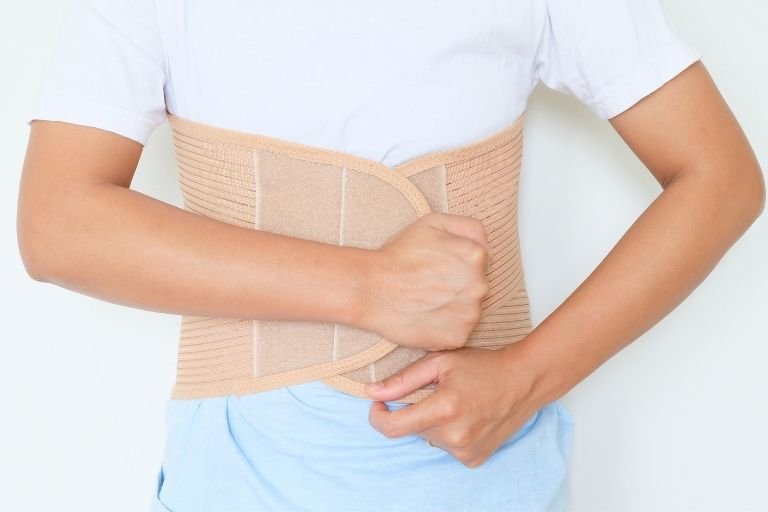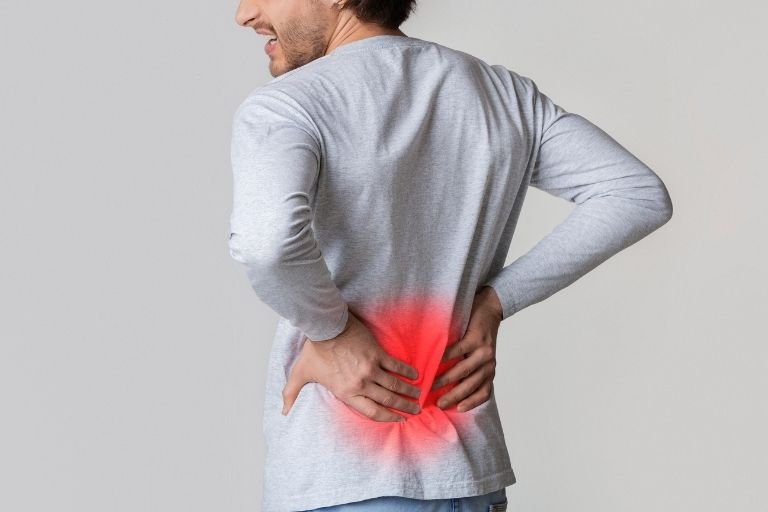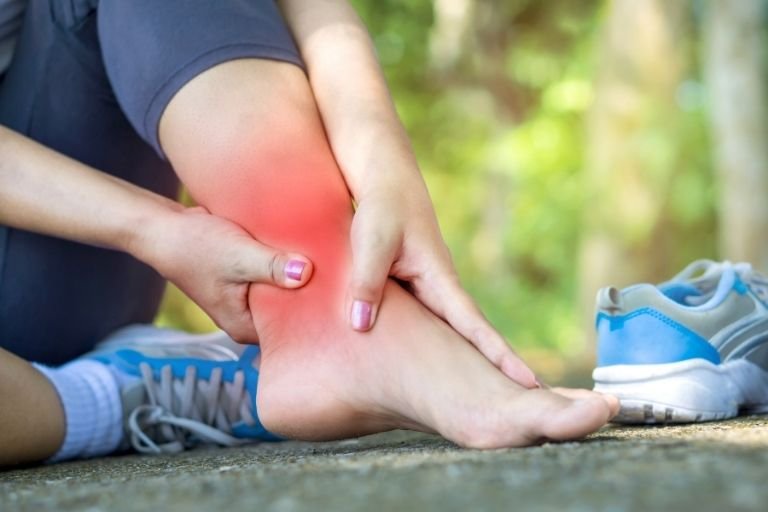- Fitwell Physiotherapy
Pelvic Pain
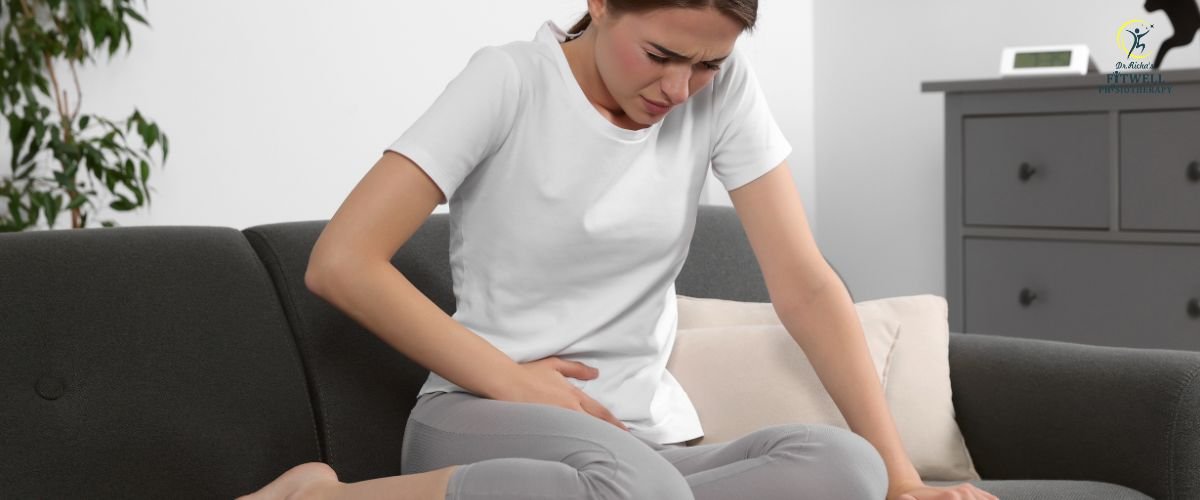
Pelvic pain refers to discomfort that occurs in the lower part of the abdomen and pelvis. It can be acute or chronic, varying in intensity and duration, and can affect both men and women. Pelvic pain can arise from various organs within the pelvis, including the bladder, reproductive organs, intestines, or from muscles and ligaments in the region.
Please submit your details below.
Symptoms
The symptoms of pelvic pain can vary widely depending on the underlying cause but may include:
- Sharp or dull pain: The pain may be intermittent or constant, and it can range from mild to severe.
- Pain during activities: This can include pain during urination, bowel movements, sexual intercourse, or exercise.
- Abdominal tenderness: The lower abdomen may feel tender to the touch.
- Radiating pain: Pain that spreads to the lower back, buttocks, or thighs.
- Changes in menstrual cycle: Women may experience irregular, heavy, or painful periods.
- Gastrointestinal symptoms: Bloating, constipation, diarrhea, or difficulty passing stools.
- Urinary symptoms: Frequent urination, urgency, or painful urination.
Causes
Pelvic pain can have various causes, including:
- Gynecological conditions: Endometriosis, ovarian cysts, fibroids, pelvic inflammatory disease (PID), ectopic pregnancy, and menstrual cramps.
- Urinary tract issues: Urinary tract infections (UTIs), bladder disorders, interstitial cystitis.
- Gastrointestinal problems: Irritable bowel syndrome (IBS), inflammatory bowel disease (IBD), diverticulitis, constipation.
- Musculoskeletal issues: Pelvic floor dysfunction, hernias, muscle strains, or injuries.
- Nerve-related conditions: Pudendal neuralgia or other nerve entrapments.
- Chronic pain conditions: Chronic pelvic pain syndrome, vulvodynia.
When to See a Physiotherapist
Seeing a physiotherapist may be beneficial if:
- Persistent pain: If the pelvic pain has persisted for more than a few weeks despite home treatments.
- Functional limitations: When pain interferes with daily activities, exercise, or sexual function.
- Post-surgical recovery: After surgeries related to pelvic organs or musculoskeletal issues.
- Muscle-related pain: If the pain seems to be related to muscle tension or weakness.
- Pelvic floor dysfunction: Symptoms like urinary incontinence, bowel issues, or pain during intercourse.
Risks
Untreated pelvic pain can lead to:
- Chronic pain: Acute pain can develop into a chronic condition, impacting quality of life.
- Emotional impact: Chronic pain can lead to depression, anxiety, and stress.
- Reduced mobility: Severe pain can limit physical activity, leading to muscle weakness and stiffness.
- Complications: Underlying conditions like infections or ectopic pregnancies can have serious complications if not treated.
How to Prevent Pelvic Pain
Preventive measures may include:
- Regular exercise: Strengthening the core and pelvic floor muscles can help prevent musculoskeletal pain.
- Healthy diet: A diet rich in fiber can prevent gastrointestinal issues.
- Hydration: Drinking plenty of water helps maintain urinary tract health.
- Safe practices: Safe sexual practices can prevent infections.
- Stress management: Techniques like yoga, meditation, and regular exercise can help manage stress, which can exacerbate pain.
Treatments
Treatment for pelvic pain depends on the underlying cause and may include:
- Medications: Pain relievers, anti-inflammatory drugs, antibiotics for infections, or hormonal treatments for gynecological conditions.
- Physical therapy: Techniques to strengthen pelvic floor muscles, improve posture, and reduce muscle tension.
- Surgery: In cases of severe conditions like endometriosis or fibroids, surgical intervention may be necessary.
- Lifestyle changes: Diet modifications, regular exercise, and stress management techniques.
- Alternative therapies: Acupuncture, biofeedback, or chiropractic care.
- Pain management: Techniques like nerve blocks or pain management programs.
Managing pelvic pain often requires a multidisciplinary approach, involving healthcare providers from various specialties to address the complex nature of the condition. Early intervention and a comprehensive treatment plan can significantly improve outcomes and quality of life for individuals suffering from pelvic pain.
Frequently Asked Questions
Diagnosis of pelvic pain typically involves a thorough medical history, physical examination, and sometimes imaging tests such as ultrasounds, CT scans, or MRIs. Depending on the suspected cause, your healthcare provider may also order laboratory tests, such as urine tests or blood tests, to help identify infections or other underlying conditions.
It’s important to see a healthcare provider if you experience persistent or severe pelvic pain, especially if it interferes with your daily activities or is accompanied by other concerning symptoms such as fever, abnormal vaginal bleeding, difficulty urinating, or pain during sexual intercourse. Prompt medical attention is particularly crucial if you have a history of pelvic inflammatory disease (PID), sexually transmitted infections (STIs), or if you suspect you may be pregnant.
While not all cases of pelvic pain are preventable, there are steps you can take to reduce your risk. These include practicing safe sex to prevent sexually transmitted infections, maintaining good hygiene, staying hydrated, eating a balanced diet rich in fiber, exercising regularly to strengthen pelvic muscles, managing stress, and attending regular gynecological check-ups. If you have a known condition that predisposes you to pelvic pain, such as endometriosis or fibroids, following your healthcare provider’s recommendations for management and treatment can also help prevent symptoms from worsening.
Related Conditions
How Fitwell Physiotherapy Can Help?
Dr. Richa’s Fitwell physiotherapy has an extensive team of physiotherapists all within their own specialist areas of physiotherapy. Whatever your condition, we guarantee that we will have the best physiotherapist for you. We assess, diagnose, plan, cure and care for you.
Fitwell Physiotherapy Clinic, Pune provides you best physiotherapy treatment in Kharadi, pune. We also serve Chandan Nagar, Vadgaon Sheri, Keshav Nagar, Wagholi & nearby Areas in Pune. We are experts in treating Neck Pain, Hand Pain, Back Pain, Lower Back Pain, Knee Pain, Stiff Neck, Sciatica, Arthritis, Stroke Paralysis & Post Surgical Rehab.
We provide Specialized physiotherapy treatments in Sports Injuries, Pre and post Surgery, Neurologic, Pediatric, Chronic Pain/Fatigue, Rheumatology, Women’s Health, Men’s Health, Ergonomics, Vestibular, Amputees & all sort of Pain treatment and lifestyle conditions.






















